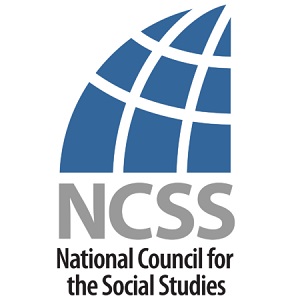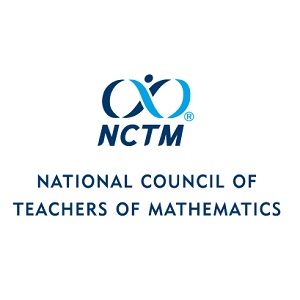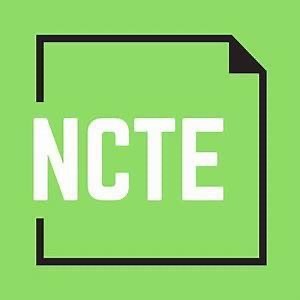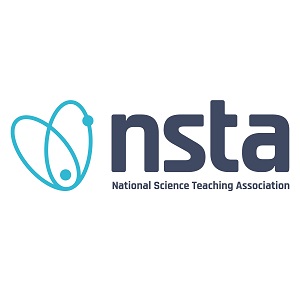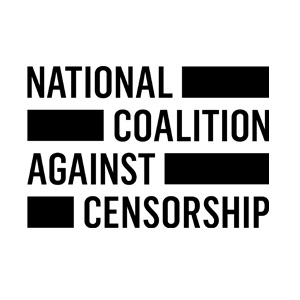Freedom to Teach Statement
School districts, the most active battlefield in the American culture wars today, are facing an unprecedented number of calls to remove books from schools and libraries, false claims about “obscenity” invading classrooms, the elimination of teaching about evolution and climate change, challenges to the need for making sense of and critiquing our world in mathematics classrooms, and legislation redlining teaching about racism in American history. These actions are putting excessive and undue pressure on teachers, who are caught in the crossfire of larger political conflict, motivated by cultural shifts and stoked for political gain.
Teachers are being maligned as “harming” children and are subjected to constant scrutiny (and even direct surveillance) by many parents, school administrators, and activist groups. Some are afraid to offer their students award-winning books that may violate vaguely stated laws about teaching the history of racism or that may be misleadingly labeled as pornographic. As a result, teachers’ very ability to do their job is under threat.
In their zeal, activists of the current culture wars unfortunately treat teachers as if they are enemies. The truth is that teachers are uniquely important leaders who, in educating current and new generations of students, bear responsibility for this country’s future. They are trained professionals with one of the hardest and most demanding jobs, a job that requires deep commitment, but brings little financial reward.
Teachers need our support; they need our trust; they need to have the freedom to exercise their professional judgment. And that freedom includes the freedom to decide what materials best suit their students in meeting the demands of the curriculum, the freedom to discuss disturbing parts of American history if and when they judge students are ready for it, and the freedom to determine how to help young people navigate the psychological and social challenges of growing up. In short, teachers need the freedom to prepare students to become future members of a democratic society who can engage in making responsible and informed contributions and decisions about our world.
The stakes are too high. We cannot let good teachers leave the field because they no longer have the freedom to do their jobs. We cannot let the education of our children and young adults become collateral damage in partisan political machinations.
Authored by the four professional organizations for teachers: National Council for the Social Studies, National Council of Teachers of Mathematics, National Council of Teachers of English, National Science Teaching Association, and the National Coalition Against Censorship.
What does freedom to teach look like to you?

